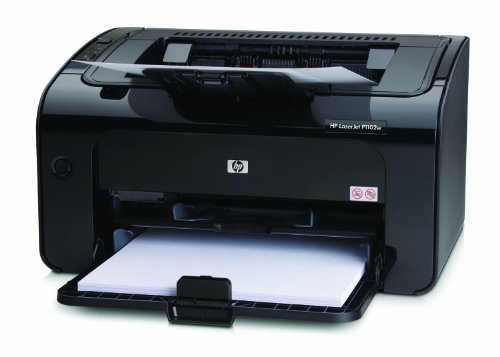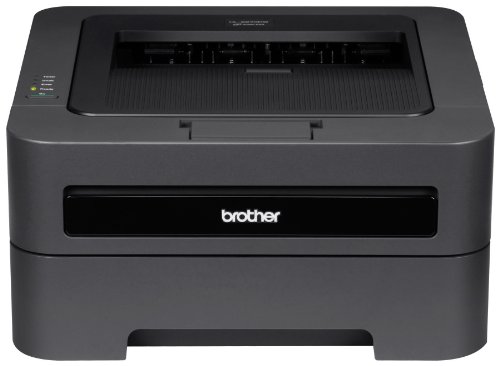The majority of boats sold in the U.S. each year are pre-owned boats. In fact, it is estimated that used boat sales dollars are more than 4 times those of new boat sales. The average boat owner that buys a new boat will keep his/her boat for only 3.4 years before selling it. (It's been suggested that boat owners come down with a rare disease called 'foot and foot' disease. When you have that malady, you must buy a boat that is a foot longer or a foot wider to cure the disease and, therefore, it can be an expensive illness to cure!) In any event, there are always many quite good used boats in the market, if you know how to seek them out and to evaluate them.
In selecting a pre-owned boat, it is very helpful if you are familiar with the various boat brands and their respective reputations for quality, length of time in business, and market share. If you know, for example, that boat is manufactured by a tried and proven boat builder who has a reputation for quality, you will have fewer worries than if the manufacturer has only been in existence for a year or two! Naturally, better made boats are going to hold their price somewhat better than lesser known boats. You should also be aware of the various engines, whether inboard/outboard, straight inboard, or outboard as well as their respective drive units. If there is a certain drive or engine that is known for problems, it would probably be good to avoid. If you are the least bit unsure of this, it will pay to do your research or make contact with a knowledgeable friend in the industry.
Of course, there are certain advantages to buying a new boat versus a pre-owned boat. New boats and engines always come with a manufacturer's warranty so that you can be certain of your maintenance and repair costs for some period of time, at least. Financing is generally easier on a new boat and the length of the financing period is usually longer on a new boat. Down payments are smaller or non-existent on many new boats. Of course, having that brand new feel and smell and knowing that you are the only family to use it - also has considerable appeal. That appeal can be expensive, however! Boats depreciate more than 20% in their first year, on average. Many times, if you can find a year old boat in good condition, it may likely be just like a new one and at a much better price. Also, you may find a dealer with prior year models in inventory that can be bought at a discount and still have the new boat warranty, etc. It really pays to shop and to keep your options open.
Your search for a used boat should begin at the dealership of the brand of boat in which you are interested to check out their inventory or new and used boats. From there, it will pay to check out newspaper ads (Sunday editions seem to be more complete), and the local edition of "Boat Trader" magazine as well as their online version called Boattrader Online - BoattrraderOnline.com One nice feature of the online search tool is the ability to specify a brand, year, and/or price category and then narrow the search to boats in you part of the country.
There are lots of considerations in shopping for a pre-owned boat. Mechanically, you need to ensure that the boat has been maintained and not abused. You can evaluate the number of hours on the engine if it has an hourmeter. The average boat is only run about 60 hours per year of service. An engine with more than 350-400 hours can be expected to require some repair expense in the next year or two. It would pay to have the engine looked at by a qualified technician to get a professional opinion on the engine and it may be worthwhile to pay for a compression check and hookup to a diagnostic computer. Most of today's engines employ an Electronic Control Module (ECM) computer which keeps track of many metrics on an engine. For example, by hooking up a diagnostic tool to the ECM, a technician can learn the actual engine hours, RPM's that it has been run at, any electrical, fuel, or mechanical problems that the engine is having. All of this is quite good to know and can usually be had for less and 0. That may be a fee well spent.
It is always a good idea to test drive any boat you are considering before you purchase it, whether it is new or used. All boats tend to look seaworthy when sitting on a trailer or boat rack, and you can only really tell about the adequacy for the engine's power by driving under a load.
You also need to observe the upholstery and canvas for rips, tears, and worn areas. If the boat is more than a couple of years old and has a wooden floor under carpet, be sure to check for soft spots that may indicate rotting. They should resist the probe of an ice pick; if they don't, there likely is a problem. The fiberglass gelcoat surface should be free from 'dock rash'. A few minor scrapes may be acceptable, but if they are deep enough to go through the colored gelcoat, they may require some expensive fiberglass repair. Be sure to inspect the boat thoroughly.
With a little homework, the decision about whether to buy a new or a pre-owned boat will be easier and, in any event, you will be more confident in making your purchase! Have a great voyage!


















